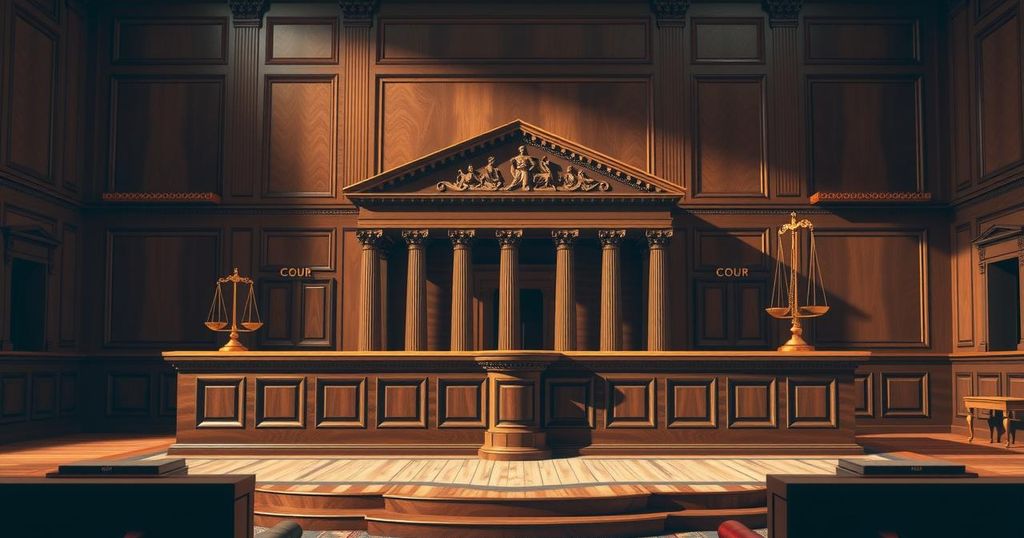Brazil’s Supreme Court is moving towards tightening social media regulations to combat fake news and hate speech. A majority of judges have ruled in favor of increased accountability for platforms like X, TikTok, and Instagram. This decision could reshape the legal responsibilities of these companies and influence a vast number of users in Brazil as the court faces challenges surrounding misinformation and free speech.
In a significant move for social media governance in Latin America, Brazil’s Supreme Court has reached a majority opinion on enhancing social media regulations. This decision, made Wednesday, underscores the court’s stance on tackling issues like fake news and hate speech. A ruling on this matter could have a lasting impact on the rights and responsibilities of platforms such as X, TikTok, Instagram, and Facebook, affecting myriad users across Brazil.
The court is deliberating on how much responsibility social media companies hold in terms of content moderation—essentially determining if these platforms should be proactive in eliminating illegal or harmful posts, rather than waiting for court orders. Currently, Brazil’s Civil Framework for the Internet, enacted in 2014, limits platform liability unless they ignore a direct ruling to remove certain content.
As the deliberation progresses, six out of the court’s eleven judges have already backed the idea of increased accountability for social media platforms. This new accountability would require sites to monitor and act on harmful content without needing validation from the courts. Notably, only one judge opposed the tougher stance, while three have yet to express their views, leaving some uncertainty about the final decision.
Judge Alexandre de Moraes, a prominent figure in this case, has been vocal against social media misuse, especially in context with controversial posts from X’s owner, Elon Musk, and other right-wing figures. His firm stance comes at a time when Jair Bolsonaro, Brazil’s far-right former president, faces scrutiny for allegedly trying to undermine the electoral system post his 2022 loss to Luiz Inácio Lula da Silva.
Prosecutors have linked the misuse of social media to attempts by Bolsonaro’s followers to sow distrust about election integrity, escalating tensions that echo wider concerns about digital misinformation. Previous to these hearings, Moraes had blockaded X for a duration of 40 days, citing noncompliance with orders to address online disinformation. He has also mandated the suspension of accounts tied to Bolsonaro supporters, igniting debates over free speech in Brazil.
Critics, including Musk, argue that Moraes’s actions tread on the rights of free expression. This friction has led to considerations of sanctions against Moraes from legislative bodies in the United States, reflecting a broader international concern regarding his judicial actions labeled as “persecution” by Bolsonaro. Meanwhile, President Lula is pushing for more immediate policy changes aimed at refining social media regulation to safeguard democracy and transparency in Brazil’s digital space.
To sum up, the Brazilian Supreme Court is on the verge of making a landmark decision regarding the regulation of social media companies, specifically sharpening their responsibility to tackle harmful content proactively. As the case unfolds, it could redefine the legal landscape for platforms operating in Brazil, with direct implications for free speech debates and the nation’s political climate, especially in the wake of Bolsonaro’s recent controversies. The ruling may either pave the way for stricter controls or raise questions about censorship and personal expression online.
Original Source: www.france24.com






